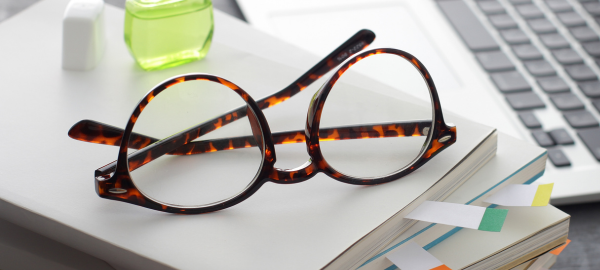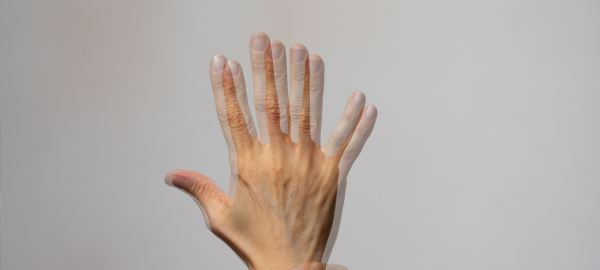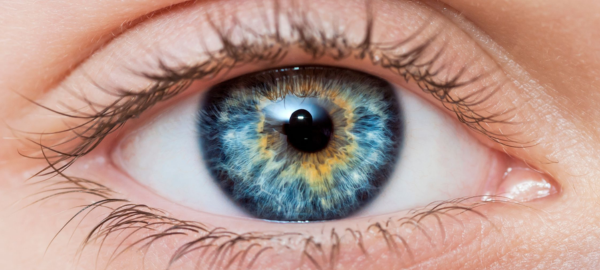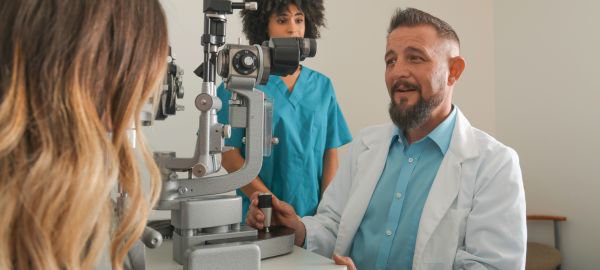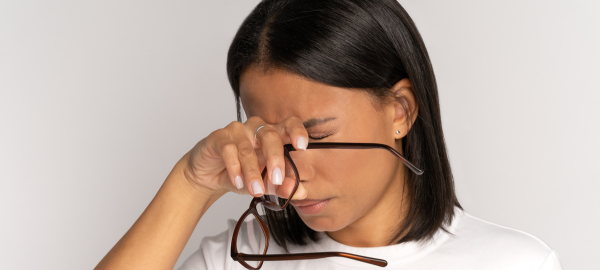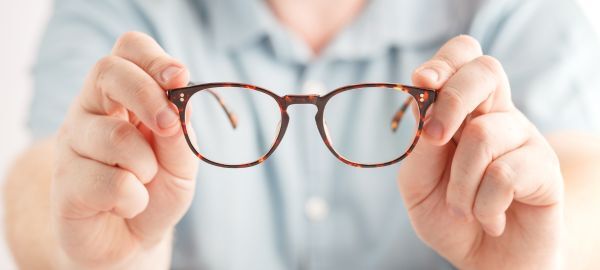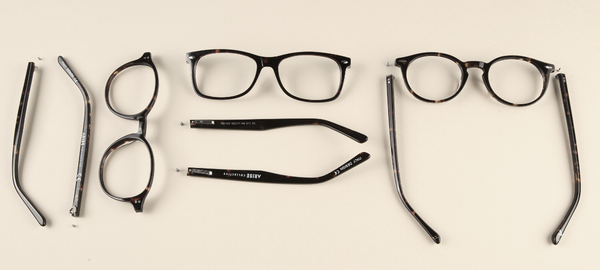Home
/
Home
/
Progressive lenses
By Isabella Sara Novack
Reviewed by
Maria Horan FBDO


Reviewed by
Maria Horan FBDOMaria holds a BSc Honours in Ophthalmic Dispensing and has over 17 years of optical experience.
Updated On Nov 01, 2024
Progressive lenses - Multifocal lenses with a seamless gradient of varying optical powers, allowing clear vision at different distances without the visible lines found in bifocal or trifocal lenses. Progressive lenses are often used to correct presbyopia, providing a more natural visual experience for activities ranging from driving to reading.
Related articles
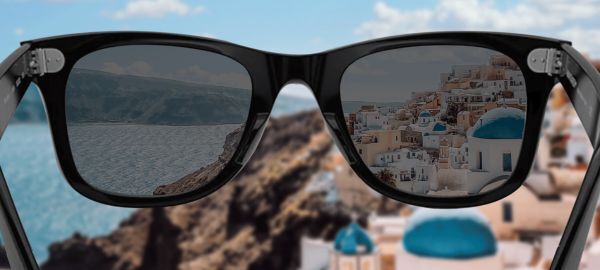
What Are Prescription Sunglasses?
Are you constantly straining your eyes to see while wearing non-prescription sunglasses outside? If you wear prescription glasses every day,...
View more

What Are Progressive Lenses?
Progressive lenses correct multiple vision problems by combining different prescriptions in one lens.
View more
Related articles

What Are Prescription Sunglasses?
Are you constantly straining your eyes to see while wearing non-prescription sunglasses outside? If you wear prescription glasses every day,...
View more

What Are Progressive Lenses?
Progressive lenses correct multiple vision problems by combining different prescriptions in one lens.
View more











































